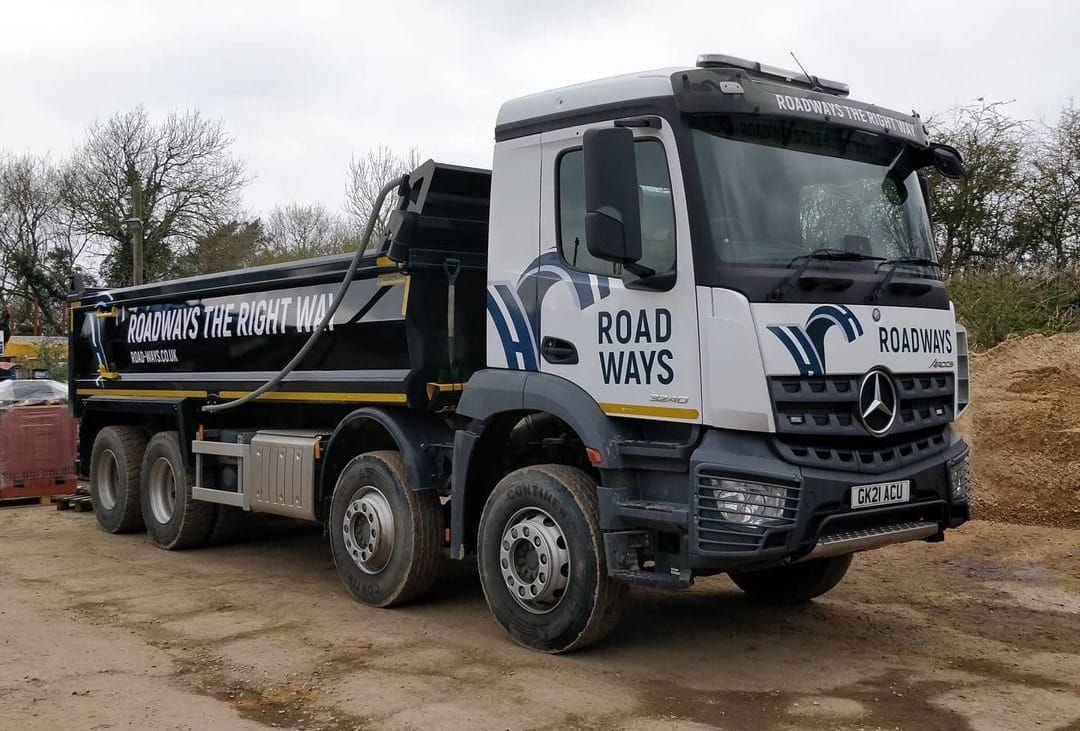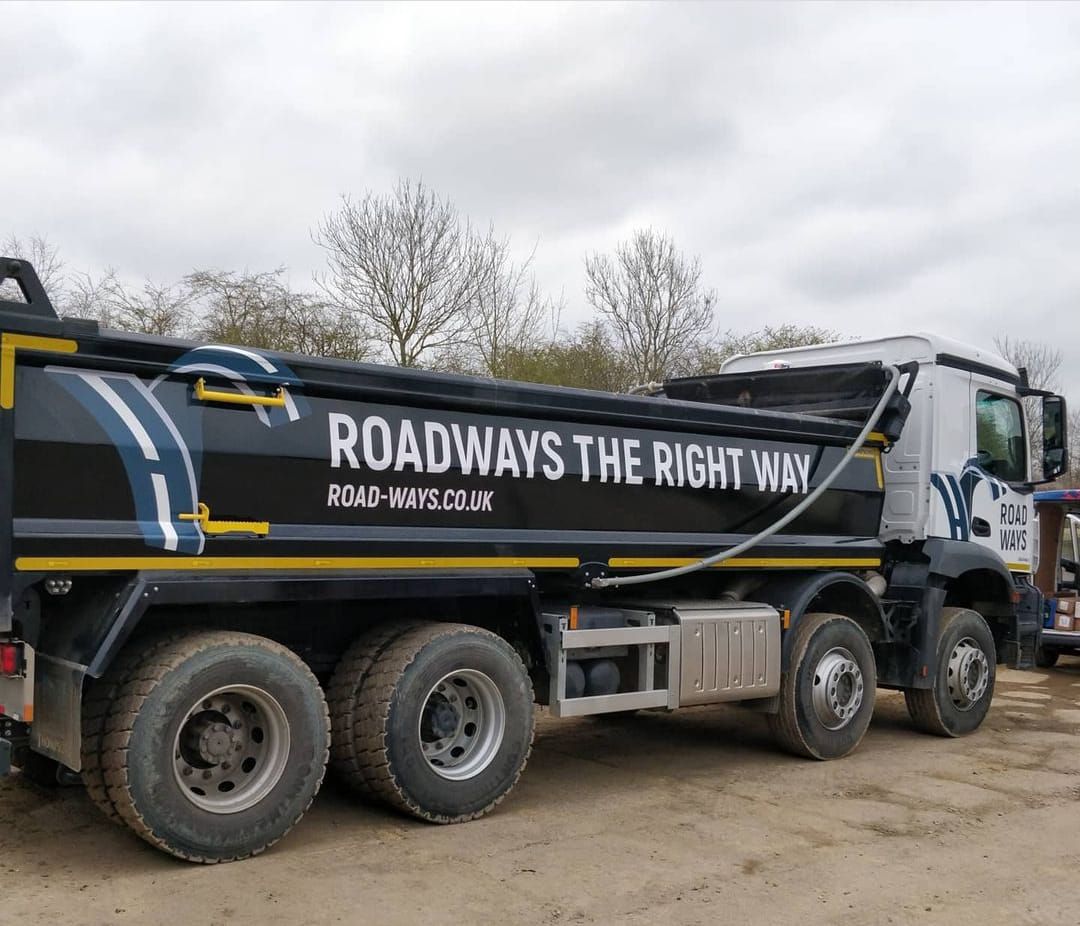Roadways is investing in a new research, development and innovation centre in Brighton
Roadways is investing in a new research, development and innovation centre at Plus X Brighton on Lewes Road.
James Bailey, Roadways chief executive said, “This centre will take our innovative environmental work to the next level and help our business to scale up. Not many people know that the concrete carried in a single drum mixer truck typically involves as much CO₂ as driving 17,000 kilometres by car. That’s halfway around the earth!
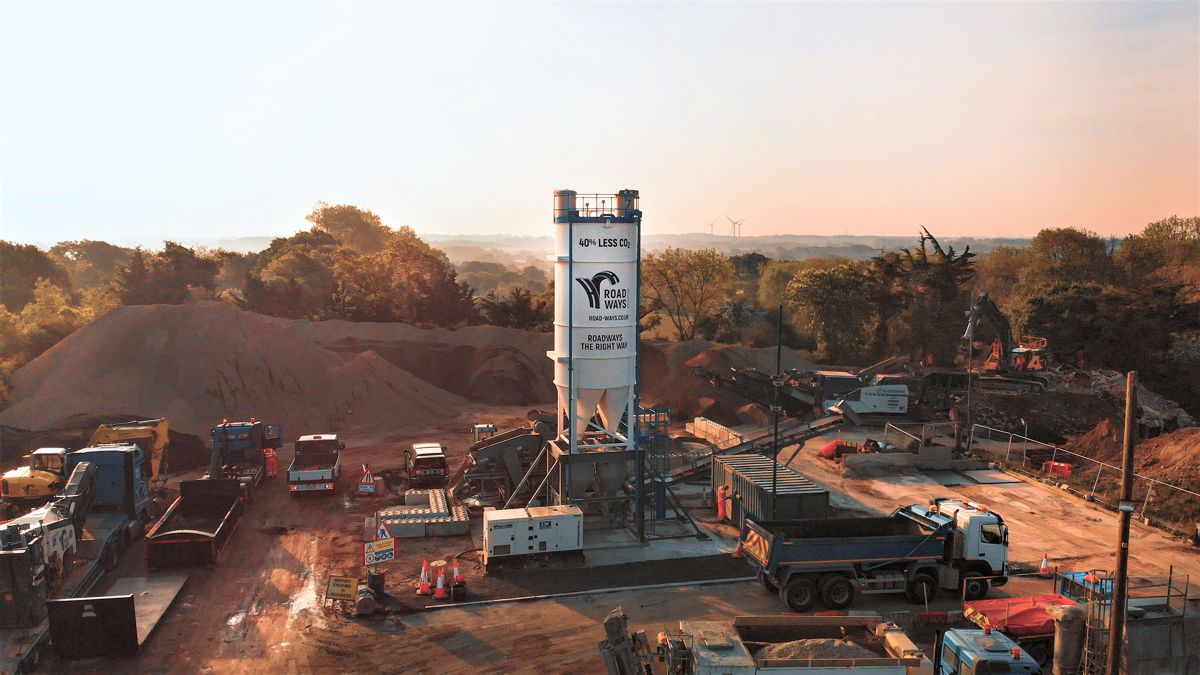
“Some construction professionals and much of the wider public are simply not aware how the carbon footprint of concrete and other construction materials can be an order of magnitude greater than other everyday items.
“As a result they are unlikely to consider it a priority to cut down on concrete consumption. This would make a massively bigger difference to global warming than just focusing on the things we see in the headlines everyday – like flying, low energy lightbulbs or electric cars. Just ten wheelbarrows of concrete has the same carbon footprint as a flight ticket from London to Madrid. Looking at it another way: it would take a football stadium full of mature trees two years to absorb the CO₂ of that single concrete mixer truck.”
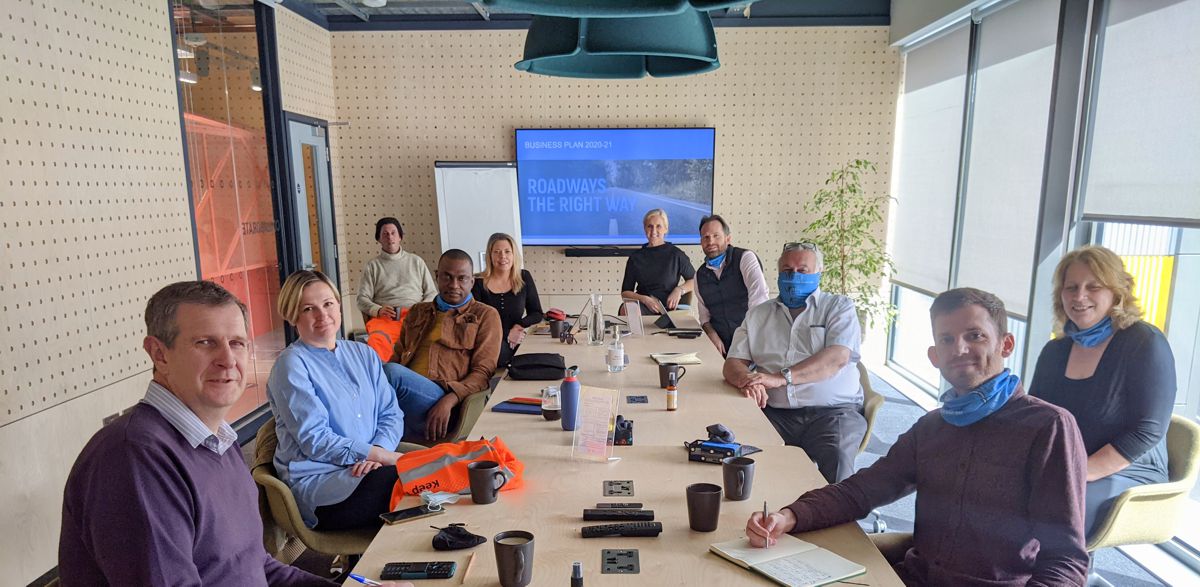
Roadways’ objectives for its Brighton research, development and innovation centre are to:
- raise awareness of the carbon and wider ethical impact of construction materials.
- help specifiers and end users embrace the idea of a built environment with lower levels of these problematic materials.
- Enable anyone interested to find better solutions.
- research, develop, launch and grow Roadways’ own low carbon materials and solutions business. If successful this will help the company’s own concrete supply service (and other independent concrete producers) to cut their carbon footprint in half.
- identify, develop and launch digital construction technologies, improving the safety, quality and productivity of contracting works.
- promote Roadways’ highways contracting, civil engineering and asphalt surfacing services.
James went on to say: “We know what’s possible as we’ve already developed and launched asphalt that saves 40% CO₂. For each lorry load, that’s a CO₂ saving equivalent to driving 3,500 kilometres by car. We’re actively looking to collaborate with civil and structural engineers, architects, and anyone with an interest in the industry who has the same ethical and environmentally-focused goals as ourselves.”
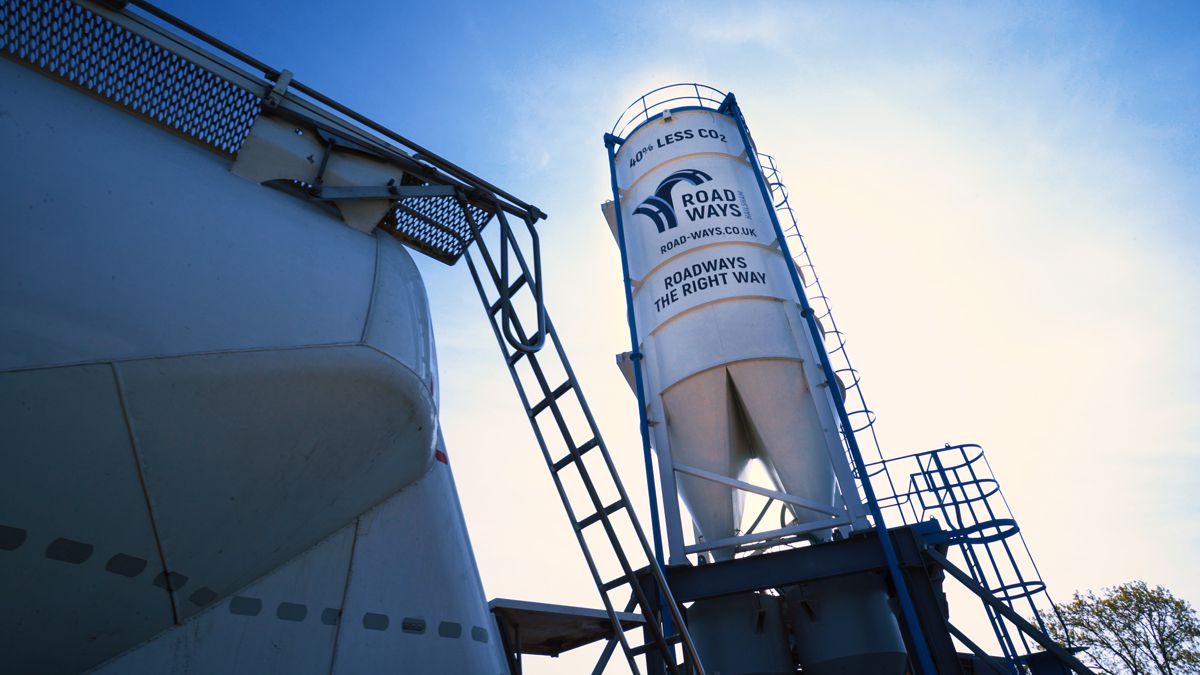
James Bailey previously led corporate innovation and venturing teams at BT. He said: “I’ve seen the amazing things that can be achieved when start-ups, corporate innovators and established SMEs like Roadways get together. Plus X provides the ideal environment for us to achieve our objectives. I’m really excited about the talent pool and business opportunities that Brighton offers.
“We’re delighted to have been accepted into the Brighton Research, Innovation and Technology Exchange (BRITE) programme. BRITE is a business innovation project for ambitious businesses who want to innovate and grow. It is made possible by a partnership between Plus X Brighton and the University of Brighton and it is funded by the European Regional Development Fund”
“The past year has presented new challenges for lots of industries, so it is great to see businesses like Roadways continue to adapt, grow and innovate, especially in the area of sustainability,” said Samantha Harland, the BRITE programme manager at Plus X.
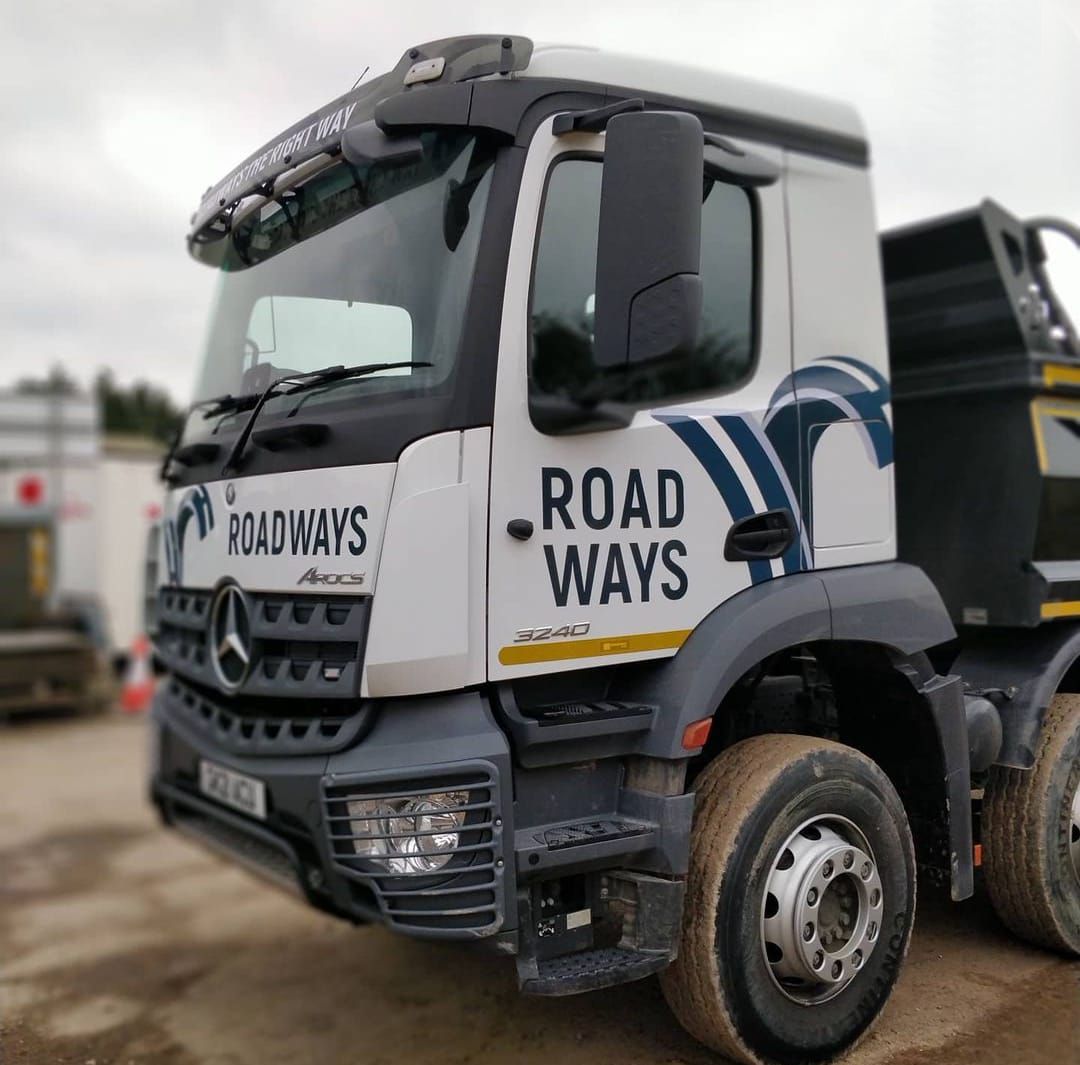
“Plus X Brighton champions innovation and invention. Our seven-storey innovation hub provides unique support to pioneers in the sustainable economy, and we are proud to have Roadways as part of the BRITE cohort. Roadways will be able to access a variety of programmes designed by Plus X and the University of Brighton including business coaching, circular innovation strategy and access to our state-of-the-art workshop to build and test new eco materials and solutions. Collaboration at Plus X ignites creativity and enables our businesses of the future to grow and thrive. We provide this support to any growing business looking for flexible workspace and support coming out of lockdown.”
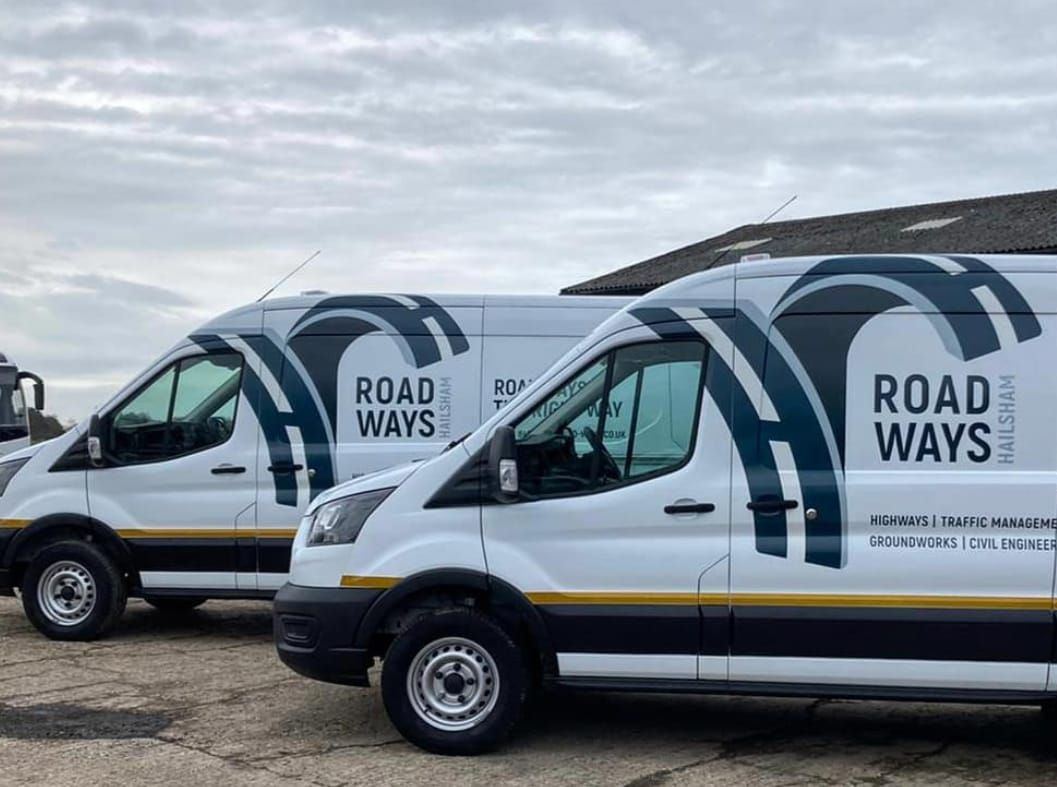
A launch event will be held by Roadways this summer to share the initial results of the centre’s work. The next few months until then will be spent building a talented team, carrying out research and development to answer some of the following questions:
- Why are awareness levels of the carbon footprint of construction materials in the industry (and among the general public) so low? What’s the most effective way to raise awareness? Who can help to achieve this?
- What are the best alternatives to help people avoid the use of concrete? For example:
- Building an extension, garden office or shed on paving slabs or innovative corkscrew piles rather than a concrete base or trench foundation.
- Using timber rather than concrete for path edgings.
- In the Brighton area, how widely available are low carbon concretes like British Standard CEM III A mixes? These offer an easy way to achieve a 50% CO₂ saving.
- What is the take up of low carbon concrete like CEM III A? What can be done to increase take up? This offers an easy way to achieve a 50% CO₂ saving.
- Why is there currently no supply available of pre-blended low-carbon cement CEM III A to independent concrete producers in the UK? This offers an easy way to achieve a 50% CO₂ saving.
- Today, Brighton’s concrete is made using 100% primary aggregates dredged from the sea. What is the environmental impact of this? Can recycled aggregates from the local circular economy be used instead?
- Why is low-carbon cold asphalt made from locally sourced recycled aggregates (40% CO₂ saving) not used in Brighton at the moment? It meets all the relevant Highways specifications. What can be done to change this?
